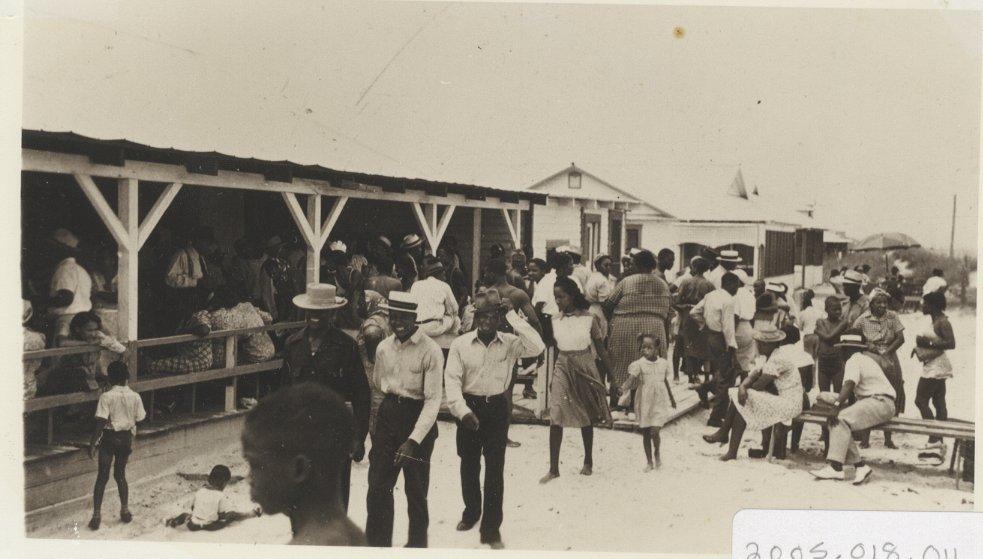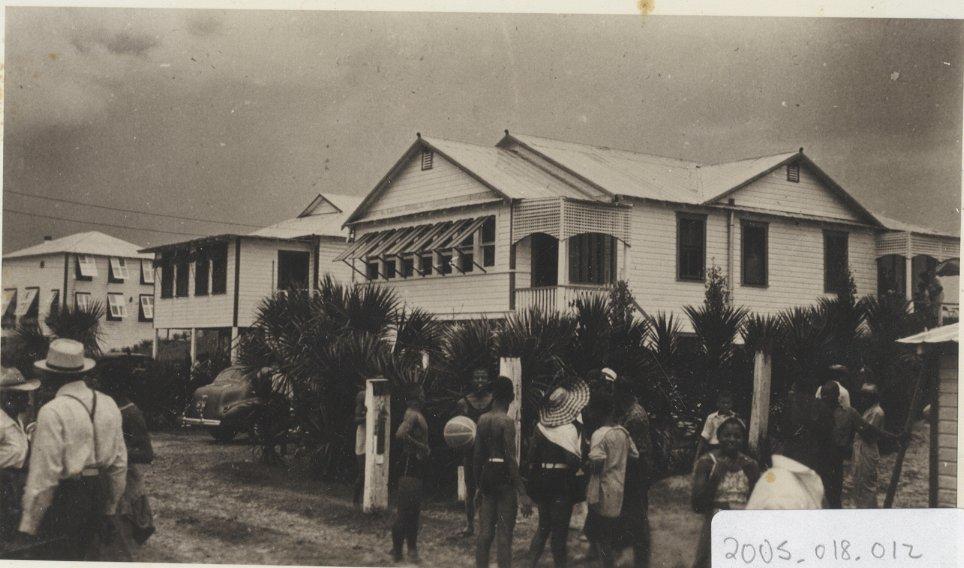The Nassau Board of County Commissioners has made historic American Beach’s conversion from septic tanks to general sewer a priority and they’re lobbying the state government for financial aid.
“I was retained by the Board of County Commissioners to assist with working with our legislative delegation and with our legislature, with the governor’s office and the Department of Environmental Protection to see what we could do to help locate some opportunities to help finance and to help pay for the septic tank to sewer conversion project at American Beach,” said Mark Anderson, Lobbyist for the Nassau County Board of Commissioners.
American Beach is a small historic beach community on Amelia Island, Northeast of Jacksonville and South of Fernandina Beach.
In 1935, 33 acres of shorefront property on Amelia Island, in the area now known as American Beach, was purchased by a black-owned Jacksonville business called Afro-American Life Insurance Company, also known as “the Afro.” The company’s president, A. L. Lewis, invited employees to use the beach and hosted company events there.
The company made two subsequent land acquisitions, expanding the community’s size to 216 acres.
In 1940 the Afro offered unsold building lots to the wider black community. At the time, segregation was in full effect and African-Americans weren’t allowed on many beaches, so American Beach became a popular vacation destination among African-Americans across the country.
“I think the actual phrase was ‘to have recreation and relaxation without humiliation,’” Anderson said. “I think it was the only beach, at that time, in our state that was open to African-Americans. So it has a deep and unique history with the state of Florida, and of particular significance to Nassau County and to Northeast Florida.”
But the community changed drastically following the passage of the Civil Rights Act in 1964.
“Former American Beach vacationers and day-trippers now frolicked on Miami Beach, raced up and down the wide sands at Daytona, wore out the cobblestones of Savannah, and rode high at St. Simons Island,” said local historian Marsha Dean Phelts. “All along the shores of the East Coast, blacks explored areas that had once been off limits.”
“The three-day weekends at American Beach shrank to one day; the Sunday visitors and day-trippers no longer stayed overnight. Loaded buses no longer caused a bottleneck at the crossroads” she said. “With so little business most of the restaurants and resort establishments closed.”
The National Register of Historic Places has since designated the original 33 acres as worthy of historic preservation and the National Park Service has been given an 8.5-acre sand dune called NaNa at the center of the community, which is now part of the Timucuan Ecological and Historic Preserve.
Now American Beach is trying to preserve its environmental assets – as are communities across Florida – by getting off of septic and onto general sewage.
Researchers say septic tanks are a major factor behind recent spikes in harmful algal blooms, but they cause other problems as well.
During Hurricane Irma, cities were flooded with raw sewage as septic systems were inundated with water. Additionally, septic systems leak nitrogen into ground waters and the nitrogen enrichment of the planet is considered a strong contributor to global warming.
There are more than 2.6 million septic tanks in Florida. Anderson said the conversion project in American Beach would target about 300 units, and that alone could cost more than $7 million.
“It’s expensive no matter how you square it,” he said. “Everywhere in the state, this is a big, big cost driver and local governments just can’t do it themselves. That’s why the legislature is setting up a means of helping local governments pay for this.”
But Anderson said it’s going to have to be a shared expense.
“It’s not just going to be something that the state pays for,” he said. “The folks who live there are going to bear some of the cost, the county’s going to bear some of the cost and the state of Florida will bear some of the cost.”
Anderson said he met with the governor’s office about the project this week and he’s been meeting with House and Senate leadership since the week prior.
“We understand this is a very significant priority for our legislature. Senator [Aaron] Bean and Representative Cord Byrd are our two legislators from Nassau County. They’ve done a great job in really making this a priority,” Anderson said. “But we’ve got a lot of competing projects out there among many, many other cities and counties. So it’s our hope that we can get the legislature to focus on this and to make it a priority, just as our Board of County Commissioners has.”
Brendan Rivers can be reached at brivers@wjct.org, 904-358-6396 or on Twitter at @BrendanRivers.
View Original Article – NPR/WJCT



Recent Comments